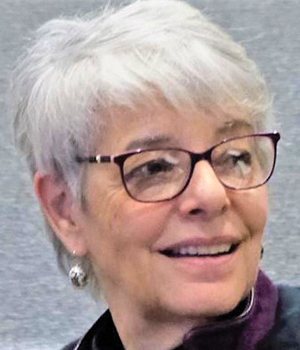 Cheryl Greenberg, Ed.D.
Cheryl Greenberg, Ed.D.Dr. Cheryl Greenberg, Ed.D., works as a coach, or guide, for seniors and their families as they consider and plan for changes in their personal and work lives. Contact her at theagecoach@gmail.com or 336-202-5669.
When Jane Fonda celebrated her 60th birthday, she took stock, seeing her life in three acts, as an actor might. (Watch her TED Talk!)
The first act (30 years) had been her time growing to adulthood and then as a wife, mother and beginning performer. By her second act (30-60 years), Ms. Fonda was a more mature artist, an activist and, of course, a fitness guru. And now, she wondered, what would her third act be?
She decided that getting older was not “pathology” or a downward plunge, as people often fear. Getting older, she said, was “potential”. Adding years brings “us into wisdom, wholeness, and authenticity.”
So, how do we become wise, whole and authentic? Ms. Fonda says that this involves taking a long, deep look into who we have been and where we want to go next.
She suggests a life review.
Life Review for a Wise Third Act
A life review can be as easy as sitting quietly and reminiscing. It can be journaling about your history. Or it can be sharing your life stories with family and friends.
Rigorous or informal, your life review may include:
- Remembering the important people and events in your life … and how they shaped you
- Highlighting accomplishments and celebrating them
- Noticing shortfalls and making changes
- Deciding which parts of your history you will take into your future activities and what new activities you would like to try
Enjoying the Third Act
Dr. Lawrence Samuel, who writes the blog Boomer 3.0, says that today’s mature adults generally do not want to pack off to the Seinfelds’ retirement community, Del Boca Vista. They want to be active and engaged, exploring and experiencing.
Dr. Samuel suggests, “We should define age in terms of experience, which constantly accumulates … We love experience, the more the better.” Instead of a negative view of the third act, he continues, “Let’s … treat it as a continually appreciating asset.”
What have you done in the past? What new activities would you like in the future? What will you experience in your Third Act?
Dr. Greenberg would be happy to help you think through your plans for the future … both the practical and the emotionally satisfying.

